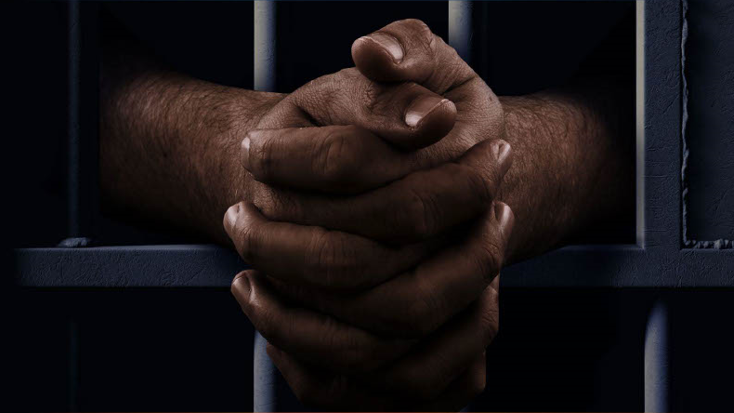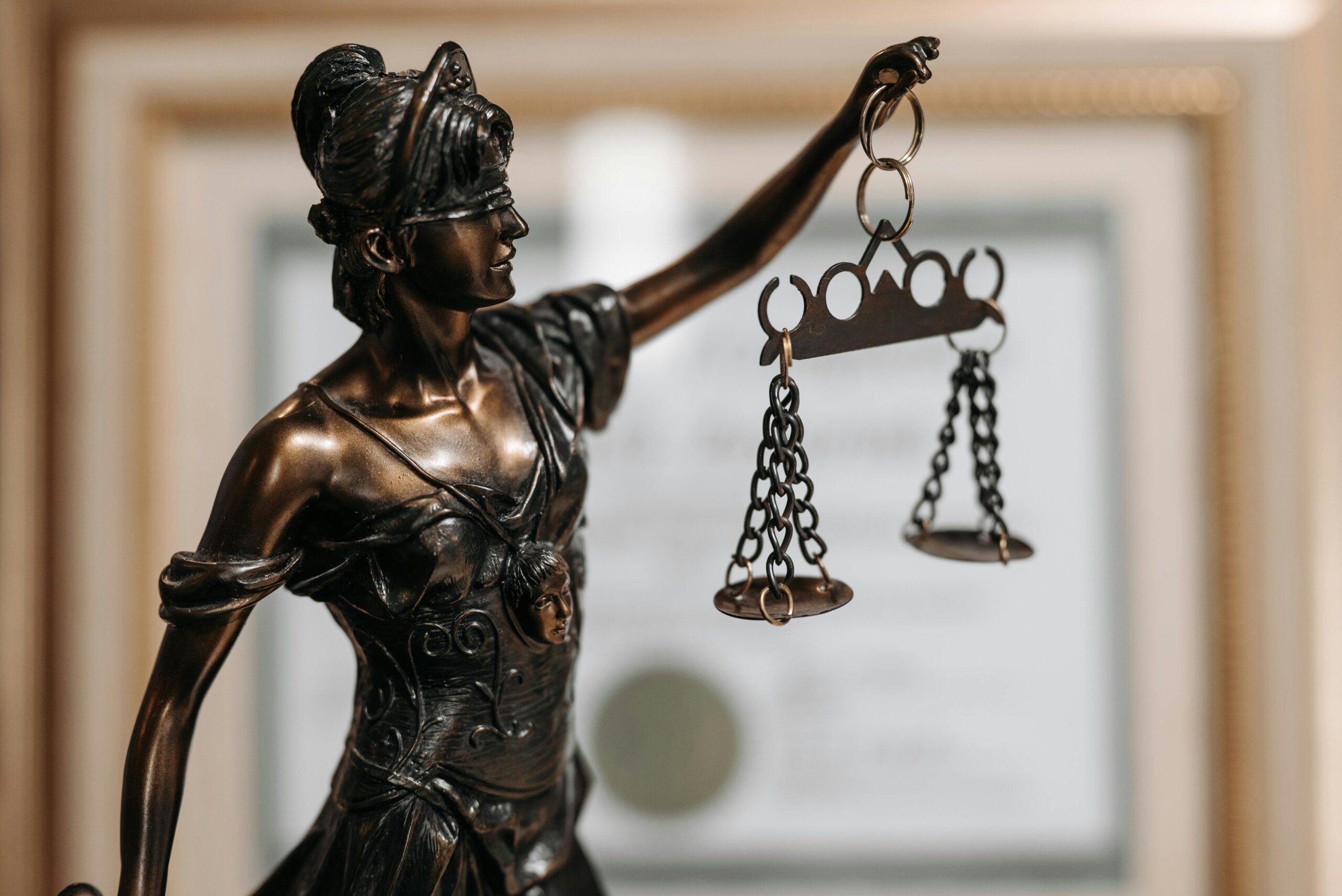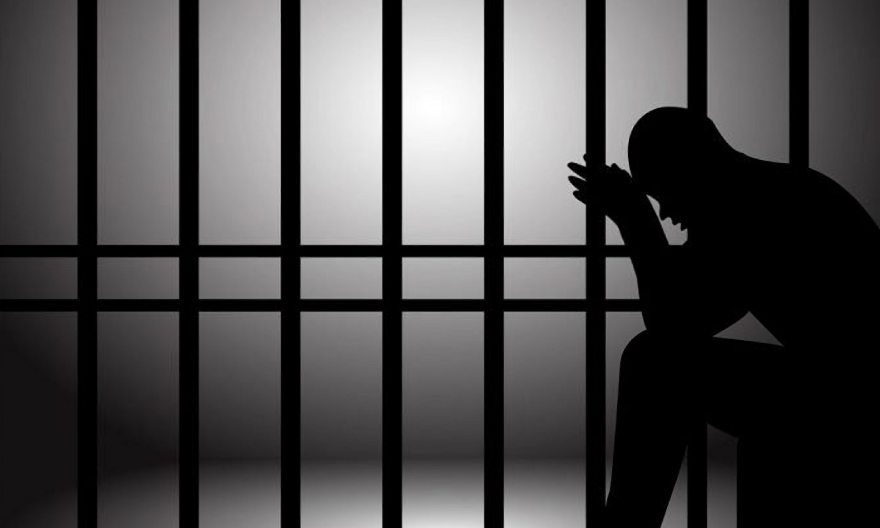There is no such thing as a safe, just, or humane prison.
DC incarcerates more of its population than almost any other jurisdiction in the United States, and therefore the world.1 And the harm caused by this level of incarceration is not spread evenly throughout the District. Approximately 45% of DC residents are Black2 and yet nearly 93% of individuals incarcerated in the DC Department of Corrections (DOC) are Black3 – meaning that Black individuals are almost 24 times more likely than white individuals to be subjected to DC’s historically inhumane conditions of confinement. And those numbers do not account for the approximately 2,500 individuals serving time on a D.C. Code offense4 in the federal Bureau of Prisons (BOP), more than 95% of whom are Black.5 Because DC does not have its own prison system, individuals with sentences in excess of one year serve their time in the BOP. On average, individuals transferred to the BOP are housed more than 800 miles from DC and their families and communities.6
The Prisoners’ Rights Team at the Washington Lawyers’ Committee (WLC) fights to protect the rights and well-being of DC residents whether they are held locally or in a federal prison across the country.
Above all, we aim to reduce the harms of incarceration in the DOC and BOP by enforcing the civil rights and civil liberties of those who are incarcerated; the ultimate goal is to bring positive systemic change to the DOC and the BOP. This includes class-action and impact litigation and decarceration efforts, as well as local advocacy and public outreach. We recognize that incarceration exacerbates the inequalities that drive crime, and because of that we advocate only for evidence-based solutions to crime that nurture and support our Black and Brown communities, changing the narrative from start to finish.
We challenge unlawful conditions in jails and prisons, including:
- Denial of medical or mental healthcare;
- Violence by correctional staff;
- Failure to protect;
- Discrimination against people with disabilities;
- Denial of civil liberties and access to justice;
- Solitary confinement;
- Discrimination against LGBTQ+ individuals.
We recruit, train, and support pro bono lawyers to help people seeking early release from D.C. Code sentences. Learn more about this work below and if we might be able to help:
Partnerships:
Learn more about some of WLC’s coalition partners and local advocacy efforts to reduce the harms of incarceration and promote respect for the dignity of incarcerated individuals:
- Unlock the Box – End Solitary Confinement
- Jails and Justice Task Force
- DOC Access to DC Council Hearings
- Restore the Vote Coalition
Prison Letter Project
We correspond with thousands of individuals every year through our Prisoner Letter Project, and provide brief services including self-help materials, general legal information and advice, and referrals to nearly every person who writes to us. Contact us on behalf of yourself or an incarcerated loved one using the information below.
Email/Corrlinks: [email protected]
Mailing Address: 700 14th Street NW, Suite 400, Washington, DC 20005
Our Resources
In 2022 and 2023, WLC and its partners conducted an 18-month investigation into the Special Management Unit (SMU) at USP Thomson and detailed more than 120 accounts of “extreme physical and psychological abuse” endured by residents. The BOP closed the SMU at Thomson on February 14, 2023.

In April 2023, WLC and our partners filed a class action lawsuit on behalf of incarcerated residents with serious medical needs at the DC Department of Corrections, challenging DOC’s dysfunctional and unconstitutional healthcare system.

WLC helped L.J., an individual from DC who was incarcerated in the BOP for 23 years, find representation and secure release at his fourth parole hearing.

The Administrative Maximum (ADX) Facility in Florence, Colorado is the highest security prison in the federal prison system. This supermax prison engages in extreme forms of isolation.

1. Emily Widra and Tiana Herring, States of Incarceration: The Global Context 2021, Appendix 1 (September 2021), https://www.prisonpolicy.org/global/appendix_states_2021.html
2. https://www.census.gov/quickfacts/fact/table/DC/PST045223
3. Emilia Calma and Yesim Sayin, A look at who is incarcerated in D.C.’s criminal justice system, (March 2023), available at https://www.dcpolicycenter.org/publications/dc-code-offender-demographics.
4. Emilia Calma and Yesim Sayin, Map of the Week: Where are D.C. Code Offenders housed today? (March 2023), available at https://www.dcpolicycenter.org/publications/where-dc-offenders-housed/.
5. Corrections Information Council, Individuals Incarcerated Under the D.C. Code as of January 1, 2024 (January 23, 2024), available at https://cic.dc.gov/sites/default/files/dc/sites/cic/page_content/attachments/Resident%20Demographic%20Info%20Sheet%20January%202024.pdf.
6. Emilia Calma and Yesim Sayin, Map of the Week: Where are D.C. Code Offenders housed today? (March 2023), available at https://www.dcpolicycenter.org/publications/where-dc-offenders-housed/.

